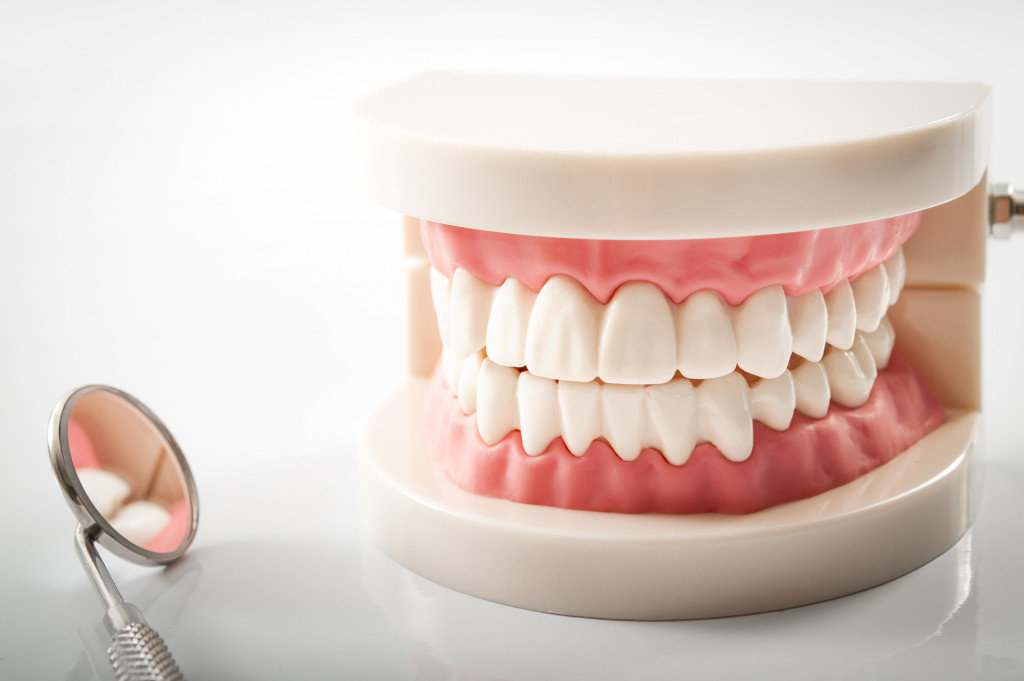We normally think about youngsters when we think of developing healthy oral hygiene habits. And the greatest time to start developing excellent habits like these indeed is while you’re young. Dental health, on the other hand, is crucial throughout life and maybe even more so for seniors.
Teeth become more vulnerable as they age. According to the Centers for Disease Control and Prevention (CDC), total tooth loss affects 26.8% of persons over the age of 75 in the United States. Dental decay affects older adults at a higher rate than it does children.
Tooth decay is a risk due to pollutant exposure, but poor oral health is linked to a variety of other health issues, and old age is the most vulnerable time for the collapse of healthy body systems. However, tooth decay and loss are not unavoidable as people age. The elderly can retain good tooth health and so have a positive effect on the rest of their body by practicing proper oral hygiene.
Here are some dental health guidelines for seniors to help them maintain good dental health:
1. Brush and Floss Every Day
Brush your teeth using fluoride toothpaste regularly (twice a day for at least 2 minutes). Floss between your teeth to get rid of trapped food particles.
This should be done at least once a day, or as needed. When it comes to dental hygiene for the elderly without teeth, they can gently wipe the plaque from the surface of the gums with a soft, clean cloth.
2. Stay Hydrated
Plaque, which is created by bacteria, damages the enamel of the teeth and creates cavities. Dry mouth is one of the reasons why elderly people are more likely to get cavities. That is why everyone needs to stay hydrated.
Saliva protects teeth and lowers bacteria, but dry mouth is a negative effect of some medications often used by seniors, such as antidepressants, asthma medications, and high blood pressure medications.
3. Regular Dental Visits
There is no universal rule for how frequently people should visit the dentist; it differs from person to person. Ask your dentist how often you should visit, next time you have a checkup and cleaning.
Keep in mind that most dental care is not covered by Medicare, so you may want to consider purchasing private dental insurance.

4. Calcium Supplements are Recommended
Calcium is a crucial component of senior oral health. When we’re older, many of us don’t receive enough calcium in our diets. Seniors, in particular, need to boost their calcium intake to maintain optimal oral health.
Seniors are more likely to develop osteoporosis than other groups of people. Osteoporosis is a major health disease that causes the bones around your teeth to break down. Calcium supplementation can help prevent osteoporosis and keep your teeth as strong and healthy as possible.
5. Get the Dentures Cleaned
Dentures, like real teeth, require daily cleaning. Dentures, unlike real teeth, cannot be cleaned with toothpaste. It’s too rough and could cause more harm than good. Instead, use a solution formulated exclusively for cleaning dentures. Soaking them in water overnight will not eradicate the bacteria that has accumulated during the day.
Dentures must also be removed every day to maintain healthy gums. Each day, the tissue within the mouth needs at least a four-hour rest from the dentures. It seems reasonable to do this at night while also cleaning your dentures.
6. Use an Antibacterial Mouthwash and Increase Fluoridation
After brushing or flossing your teeth, rinse your mouth with an antibacterial mouthwash to kill harmful bacteria and prevent plaque buildup.
Fluoridation should be increased since it strengthens your teeth and protects the enamel. Seniors who are in danger of tooth decay should convert to a fluoride toothpaste or add a fluoride rinse into their daily oral hygiene practice, according to dental professionals.
7. Consume a Healthy Diet and Quit Smoking
Senior citizens should consume a low-sugar, low-carbohydrate diet to avoid tooth decay and other health issues.
Quitting smoking is difficult, but it can help reduce your risk of developing a variety of health problems. Visit your doctor who may be able to help them quit using techniques or drugs.
Change is unavoidable as we get older, but it doesn’t have to be all terrible. It’s no longer a given that you’ll lose your teeth as you get older.
Take your dental health seriously, and if you have any pain, discomfort, or tooth loss, contact a dental professional right away. Early detection and treatment of dental disorders can help you avoid subsequent difficulties that can affect your dental health as well as your general health and well-being.
